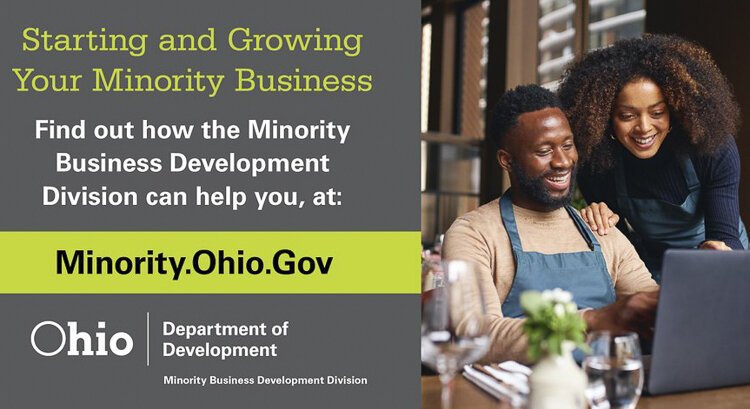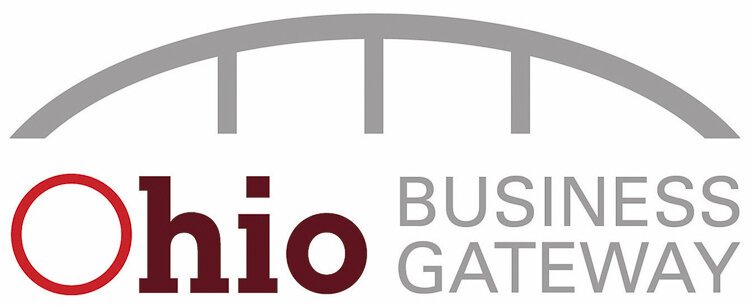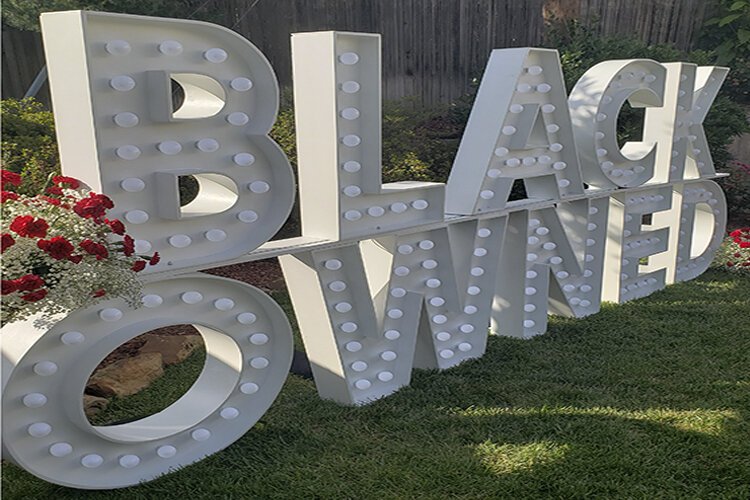What is Minority Businesses Enterprise Certification, and why business owners should get it
MBE Certification Resources
Interested in getting the Minority Business Certification? Here is a list of resources to help you.
Minority Business Bonding Program
Ohio Capital Access Program
Collateral Enhancement Program
Ohio Micro-Loan Program
Supplier Diversity Program (Corporate)
Ohio Business Gateway | Ohio.gov
Minority Business Enterprise Program (MBE)
MBE Certifications | Development
Starting and Growing Your Minority Business
Minority Business Assistance Centers
Equal Opportunity in the City of Cleveland
Certification and Compliance Reporting System
Cuyahoga County Diversity Certifications
Ohio Minority Supplier Development CouncilCertification Process
SCORE for Black Entrepreneurs
Resources for Obtaining MBE, WBE, and EDGE Certification for Your Ohio Business
Ohio MBDA Business Center
Raland Hatchett, president and CEO of RH Professional Services, shares expert tips and tricks to getting certified as a Minority Business Enterprise, or an MBE.
Obtaining city, state, or federal minority business certification isn’t easy, but it can unlock some profitable business opportunities. To obtain the certification, the new or existing owner has to be patient, organized, and willing to fill out loads of complicated forms to document their status.
However, gaining the minority business certification can also be lucrative. It gives these business owners great rewards—including access to corporate buyers looking for minority-owned businesses, networking events, and posting on a special database open only to minority certified businesses.
Here is how to overcome the hurdles to becoming a Minority Business Enterprise.
What is a Minority Business Enterprise certification?
A Minority Business Enterprise certification (MBE) is a certification for businesses owned and operated by a U.S. citizen whose ethnicity is African American, Hispanic American, Asian-Indian, Asian Pacific, or Native American. The owner must have a 51% ownership and control of the business and be in business for at least one year.
What is the origin of the MBE?
The Minority Business Enterprise program and the designated certification dates back to 1969 with the establishment of the Office of Minority Business Enterprise—today the Minority Business Development Agency—a federal agency exclusively dedicated to minority business enterprises. In 1973, the Office of Minority Business Enterprise established a national business service network and provided seed funding to numerous minority advocacy organizations.
These organizations included the National Minority Purchasing Council (now known as the National Minority Supplier Development Council), Hispanic Chamber of Commerce, National Economic Development Association (NEDA), the Chicago Economic Corporation and the National Council of LaRaza.
The State of Ohio’s mandate in 1980 to work with minority owned businesses was established through advocacy and legislative efforts.

Why should a minority business owner obtain an MBE certification?
One important point to stress is for business owners to think first about who would want to buy your product. Once you’ve decided who your ideal customer is, then apply for the minority business enterprise certification from either the City of Cleveland, Cuyahoga County, State of Ohio; or the National Minority Supplier Development Council, a national organization that offers access to corporate purchasing agents and supply chains.
A certification (MBE, Woman Business Enterprise (WBE), or other) is not required to operate your business, but it helps by providing businesses with a chance to access new resources and opportunities that are profitable.
What are the benefits of MBE Certification?
Certification gives MBEs exclusive access to top corporate purchasing agents, premium networking events, searchable supplier databases, affordable consulting services, technology programs, and vital introductions to nationally known corporations.
Some examples of the benefits include:
- Contract assistance—Work one-on-one with a business advisor to search for contract opportunities for your business.
- Receive invitations or notifications about purchasing opportunities. For instance, the state of Ohio has a program because of a mandate that the agency spend 15% of its spending budgets on minority firms certified by the State of Ohio.
- Each MBE company’s certified profile is listed in a directory used by purchasing agents searching for goods or services provided by minority owned businesses.
- Financial and bonding assistance—Work one-on-one with a business advisor to prepare a business plan and submit a request for a loan from a bank or request bonding from an insurance company.
- Management and technical assistance—Work with a business advisor to create a marketing and sales plan to grow the business or attend workshops learning how to train your current workforce on best practices used for great customer service.
The State of Ohio offers four types of certification. Each certification requires the completion of the application process. Certification as a MBE, WBE, Encouraging Diversity Growth and Equity Program (EDGE), and Veteran-Friendly Business Enterprise Procurement Program (VBE) require the completion of a certification application and the submission of required documents.
The documents needed are:
- Birth Certificate or passport
- Last tax year State of Ohio tax return
- Bank signature card or letter showing who has signature authority for company’s bank account
- Personal tax return for past three year for the majority owner
- W-2s and/or 1099 for majority owner and spouse
- Business taxes S form
- IRS Schedules K-1 or schedule C for the past three years
- Most recent balance sheet, cash flow statement, profit and loss statement
- Facility lease and ownership documentation
- Loans and security agreement
- Equipment list
- List of subcontractors or suppliers used
- Two of your largest signed contracts
Application Process
Many business owners report that the application process is not intuitive, so I recommend you dedicate at least a few hours to completing the process.
It is important that you've prepared and collected all documents on the checklist before you begin the application. The Unified Application for the State of Ohio MBE certification is designed to collect information in the following categories:
- Company Information-address, email, business phone number.
- Employee Information-the number of full time or part time, minority or female employees.
- Business Information-date business began operations.
- Owner Information-standard personal information, % of ownership, etc.
- Owner’s information on assets & liabilities, cash, IRA or retirement, personal property, real estate, auto/other assets. If there are several owners, each must complete this section.
- Property Details-type of property, date of purchase, cost, market value.
- Board of Directors- list of board members.
- Independent decision-making functions-list of those who make company decisions.
- Company Officer Information- names of corporate officers.
- Business Gross Receipts- revenue earned in previous years of operating the business.
- Contribution/Assets Details—investment made to start business like cash and/or equipment.
- Business Information questionnaire.
- Personal eligibility statement.
- Name of the person completing application.
 Follow up
Follow upOnce your application is submitted and under review by the certification team at the agency granting certification, the process could potentially take up to 90 days. Be prepared to talk to the agency if questions arise about your application.
Certification processes
The Minority Business Development Division and Minority Business Assistance Centers can help businesses become state-certified in four different programs.
Recertification is for businesses whose certificates have expired after one year. Cross certification is for firms certified with one State agency that is recognized by another State agency or Joint Ventures.
In addition to the technical assistance, the federal, state, local government, and corporations (not for-profit and for profit) have created programs specially designed to help develop the minority owned businesses to level the playing field and help these businesses grow.
An MBE application process is complex and labor intensive, but qualifying for the certification opens the door to corporate buyers, networking events, and a special database. That access can help these businesses expand and grow.
So don’t be discouraged by the process. For many companies aiming to be bigger and better, it is well worth it.
RH Professional Services provides strategic, balanced, and objective business and corporate management consulting services to save businesses time and money. RH works with corporate management to improve their diversity, equity, and inclusion initiatives, stakeholder engagement, and social impact. RH Professional Services is a full-service management consulting firm that focuses on nonprofit consulting, equity, inclusion and diversity, change management, public relations, strategic planning, leadership development and training.
This story is a part of the Northeast Ohio Solutions Journalism Collaborative’s Making Ends Meet project. NEO SoJo is composed of 18-plus Northeast Ohio news outlets including FreshWater Cleveland.

